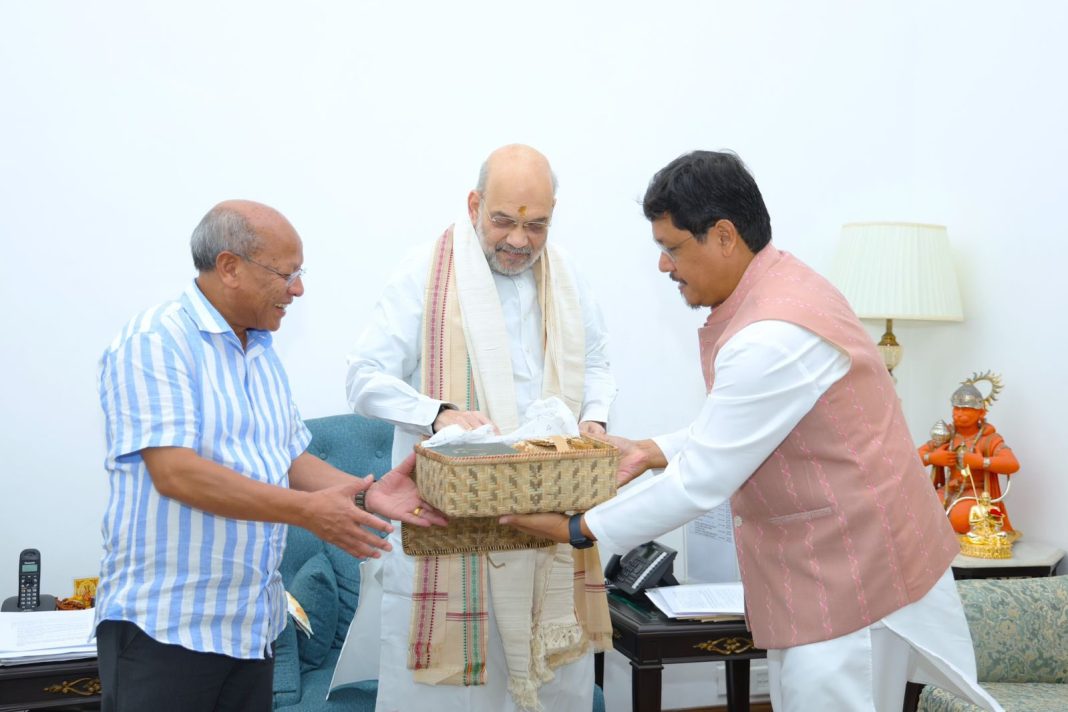In discussions about India’s economic landscape, a provocative idea has emerged: that well intentioned welfare schemes might inadvertently dissuade the youth from actively seeking employment. This notion challenges the conventional wisdom surrounding social safety nets and calls for a deeper examination of their impact on labour dynamics. The core of this debate lies in the observation that while welfare programmes are designed to offer support, they may, paradoxically, reduce the incentive for some individuals to enter the workforce.
This is a complex issue, suggesting that the benefits provided could create a disincentive for employment rather than merely offering necessary support. Economic studies from different regions have indicated that similar welfare interventions in the US and Europe have led to decreased labour participation. If we consider this perspective in the Indian context, it raises the crucial question: are our welfare schemes potentially contributing to a voluntary form of unemployment?
This question is especially pertinent in a nation grappling with high unemployment rates and widespread rural distress. The Union budget allocations reflect a reduced emphasis on several prominent welfare programmes. For example, allocations for the Mahatma Gandhi National Rural Employment Guarantee Act (MGNREGA), a cornerstone of rural employment support, have remained stagnant. This stagnation occurs despite persistent demand in rural areas, suggesting that current funding levels might not suffice to address the needs effectively.
Similarly, while certain schemes such as the Pradhan Mantri Poshan Shakti Nirman have seen marginal increases, others have not received adequate enhancements to keep pace with growing dem ands. The unintended consequences of welfare programmes can be profound. If welfare benefits are perceived as sufficient to sustain individuals without employment, this may affect their motivation to seek work. This dynamic underscores the need for a careful balance in the design of welfare schemes. They should be structured not just to provide immediate relief but also to encourage longterm economic participation. Additionally, the rise of informal labour markets, accelerated by the Covid-19 pandemic, introduces another layer of complexity.
The gig economy, characterised by temporary and often precarious work arrangements, has expanded significantly. This shift has implications for social security and labour protection, potentially exacerbating the challenges faced by workers in less stable employment conditions. Addressing these issues requires a multifaceted approach. Welfare schemes must be designed with clear eligibility criteria and sunset clauses to ensure they do not inadvertently discourage labour force participation.
Equally important is the need for robust support systems that facilitate transitions from welfare to employment, rather than merely providing financial assistance. Ultimately, the goal of welfare programmes should be to empower individuals to participate in economic activities, not just to provide temporary relief. As India continues to navigate its economic challenges, it is crucial to rethink and refine welfare policies to ensure they effectively support both immediate needs and long-term economic engagement. This approach will help foster a more dynamic and resilient labour market, capable of meeting the aspirations of the country’s youthful population.




